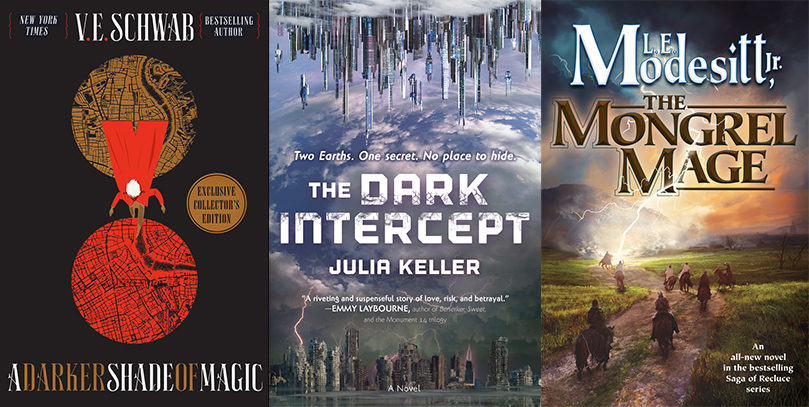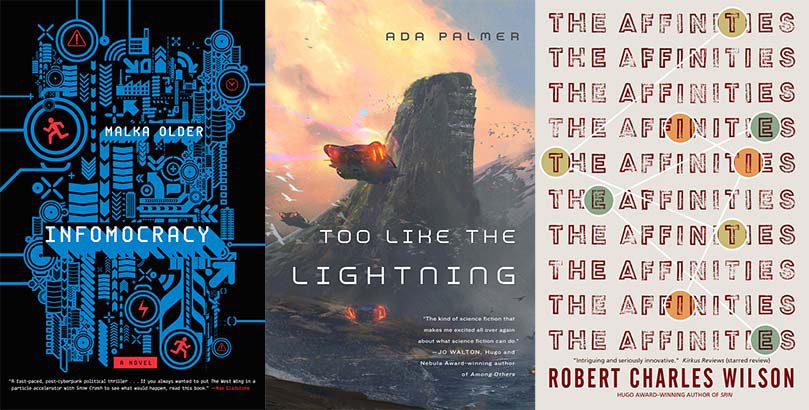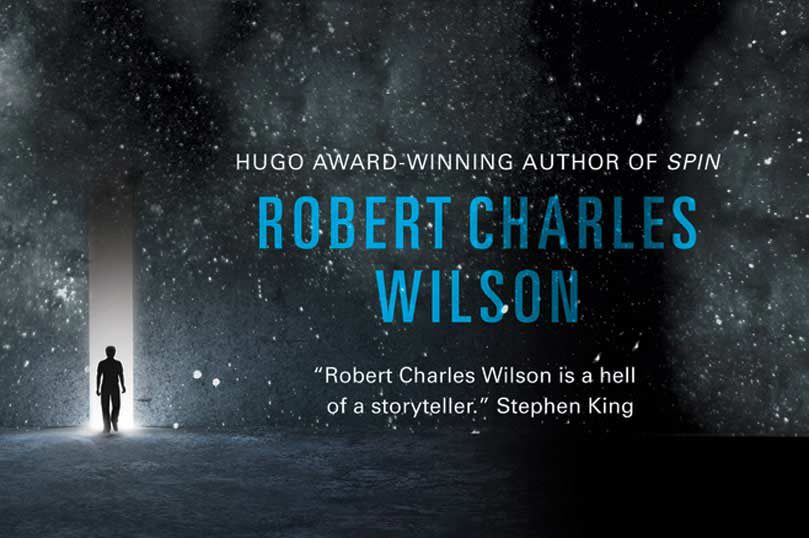
Hot Fresh eBook Deals of July 2023
Hey! We’ve got eBook deals! Hot and fresh text for your favorite screen, and they’re ready now, so check them out!

Hey! We’ve got eBook deals! Hot and fresh text for your favorite screen, and they’re ready now, so check them out!

We at Tor Books believe the true ‘golden age’ of science fiction and fantasy is now, but that doesn’t mean we don’t have a lot of love for the SFF published in the past. And thus, our Tor Essentials line was born, reintroducing readers to some of our favorite classics from decades past. Need to catch up? Check out this list below for a roundup of every Tor Essential that came out in 2020!

Here are the new ebook bundles that went on sale today!

New from V.E. Schwab, L.E. Modesitt, Jr., Julia Keller, and more.

New from W. Bruce Cameron, Robert Charles Wilson, Ada Palmer, and more!

Is a real utopia possible and do we want to achieve one? We interviewed three political science fiction authors about the future societies they create in their novels.

Two events made September 1st a memorable day for Jesse Cullum. First, he lost a pair of Oakley sunglasses. Second, he saved the life of President Ulysses S. Grant. Last Year will become available on December 6th. Please enjoy this excerpt.

Here’s what went on sale today! Assassin’s Silence by Ward Larsen Every so often, a great assassin novel comes along: Brad Meltzer’s The Fifth Assassin, David Baldacci’s The Hit, Daniel Silva’s The Kill Artist. Now Ward Larsen brings us Assassin’s Silence, featuring David Slaton, hero of Larsen’sAssassin’s Game and the award-winning The Perfect Assassin. When…
Want to make your shelves the envy of genre fans everywhere this holiday season? We’re offering the chance to win your choice of boxes of sci-fi or fantasy novels, from authors like John Scalzi, Brandon Sanderson, Elizabeth Bear, and more. Sign up for the Tor Newsletter for you chance to win now! And don’t forget…
“This is a deeply thoughtful, deliberately discomfiting book that will linger long and uneasily in the reader’s mind.” Robert Charles Wilson’s Burning Paradise got a starred review in Publishers Weekly! Here’s the full review, from the September 16th issue: Hugo-winner Wilson (The Chronoliths) casts a cold eye at SF clichés in this powerful novel designed…